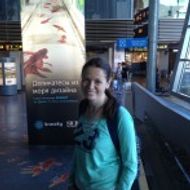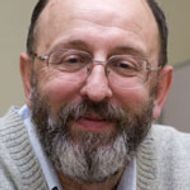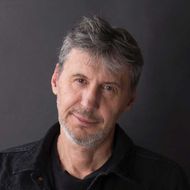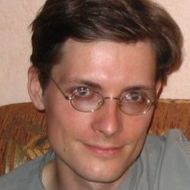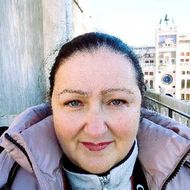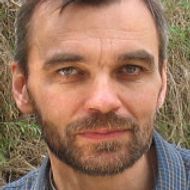.png)
В старых версиях браузеров сайт может отображаться некорректно. Для оптимальной работы с сайтом рекомендуем воспользоваться современным браузером.
✖
- A
- A
- A
- ABC
- ABC
- ABC
- А
- А
- А
- А
- А
Regular version of the site
-
-
Departments
- International Laboratories
-
Educational Programmes
- Bachelor's Programmes
- Master's Programmes
- Doctoral Programmes
- Math in Moscow Programme
- REM and Summer University
-
Faculty
119048Moscow, Usacheva str., 6
phone/fax: +7 (495) 624-26-16
phone: +7 (495) 916-89-05
e-mail: math@hse.ru
Administration
Dean
–
Alexandra Skripchenko
Scientific Supervisor
–
Sergei Lando
Deputy Dean for Research
–
Vasily Gorbounov
Deputy Dean for Academic Progress
–
Alexander Kolesnikov
Deputy Dean
–
Svetlana Balaeva
Deputy Dean for Admissions
–
Pavel Nikolaevich Pyatov
News
.png)

The recipients of the annual Web of Science Awards are the most influential scientists, scientific organizations and publications of the year. The Moscow Mathematical Journal has made it into the top quartile in the subject area of mathematics and was announced by jury members to be the most influential Russian scientific journal of 2017.
February 19, 2018

The Faculty of Mathematics congratulates the students who have been recently admitted to its doctoral program.
December 08, 2017

The Faculty of Mathematics invites applications to Master’s programme 'Mathematics'. This programme trains professional researchers in mathematical sciences and experts in mathematical education. Students will be prepared for Ph.D. qualifying tests, have own research agenda and experience and have teaching experience at university level.
November 25, 2017

HSE’s progress in the global rankings in 2017 can also be seen in the QS BRICS regional ranking, where HSE is now 39th among all universities, moving up 23 positions as compared to last year.
November 22, 2017

November 16, 2017

On October 3, 2017 a number of academic scholarships have been awarded.
October 05, 2017

Expert group released a report as a result of the visit that took place in December 2016. The document presents the detailed evaluation as well as the Board's recommendations regarding faculty developement.

The application period for HSE’s Student Research Paper Competition has started. The winners will have an opportunity to take part in workshops on academic skills development, while those in state-financed studies will improve their chances of seeing their academic scholarships increased. Also, in addition in HSE students, learners from other academic institutions are eligible for this competition.
September 15, 2017

Registration is open till Dec 20
September 12, 2017
- About
- About
- Key Figures & Facts
- Sustainability at HSE University
- Faculties & Departments
- International Partnerships
- Faculty & Staff
- HSE Buildings
- HSE University for Persons with Disabilities
- Public Enquiries
- Studies
- Admissions
- Programme Catalogue
- Undergraduate
- Graduate
- Exchange Programmes
- Summer Schools
- Semester in Moscow
- Business Internship
- © HSE University 1993–2026 Contacts Copyright Privacy Policy Site Map
- Edit
